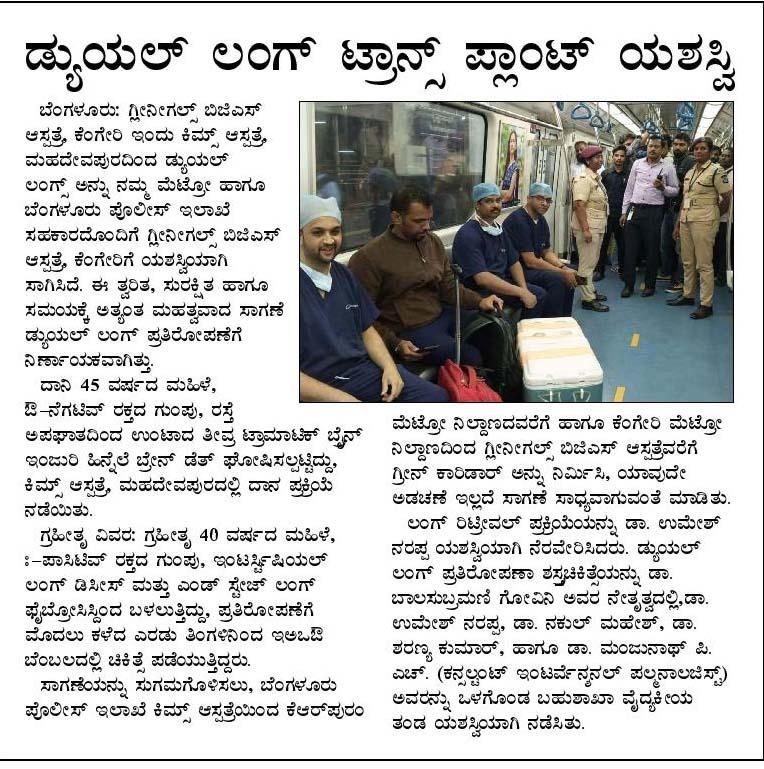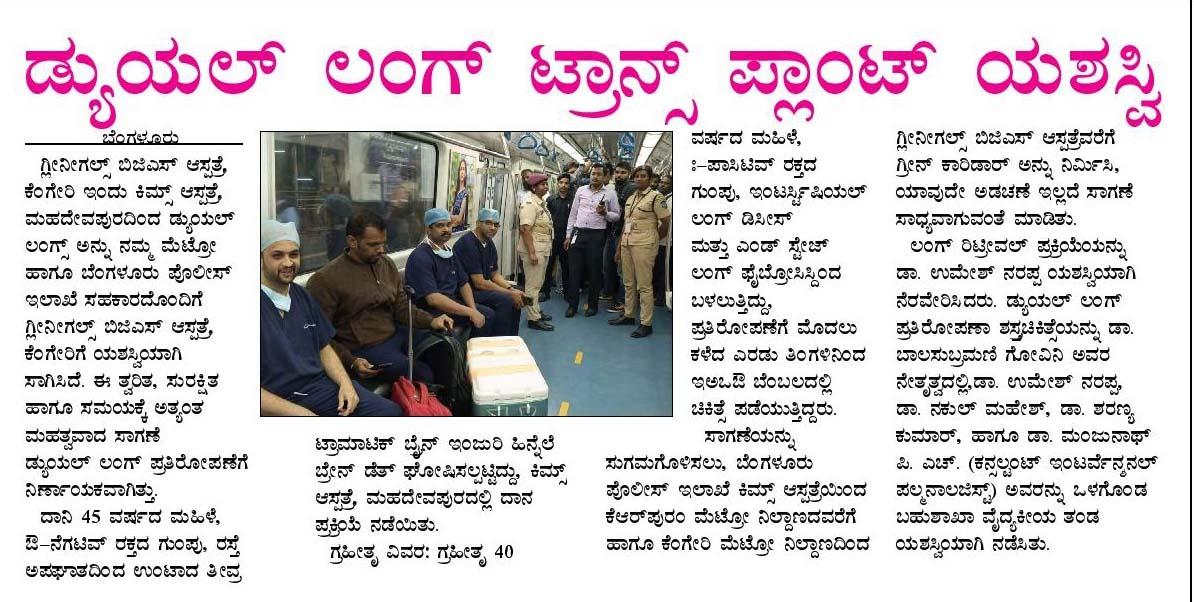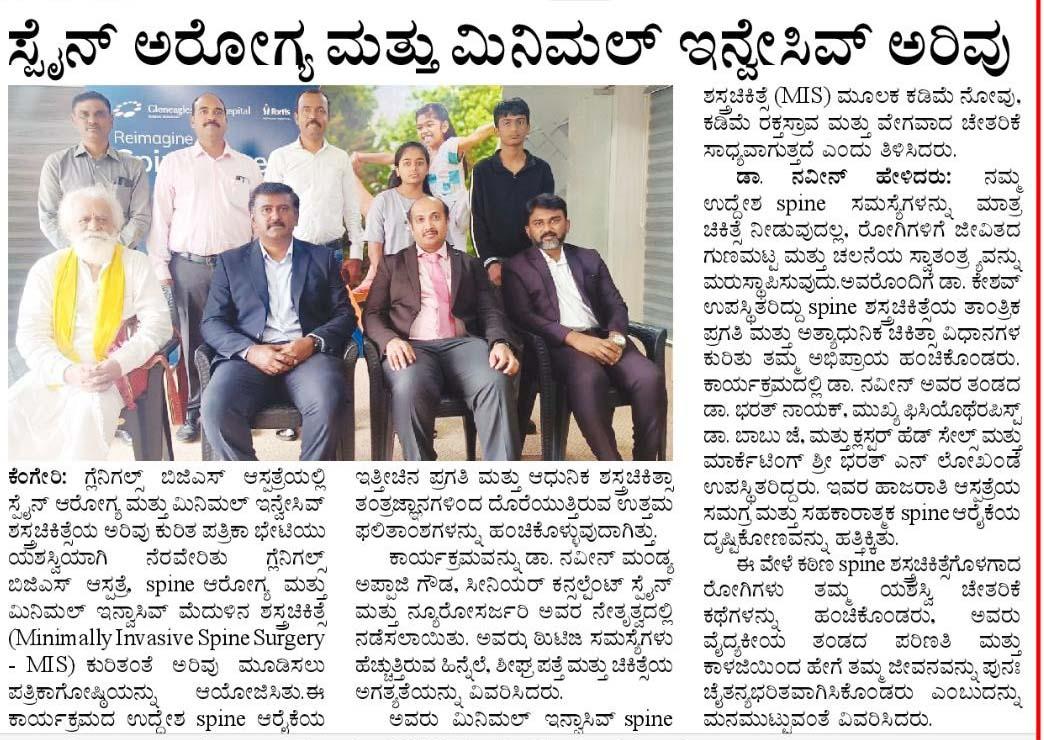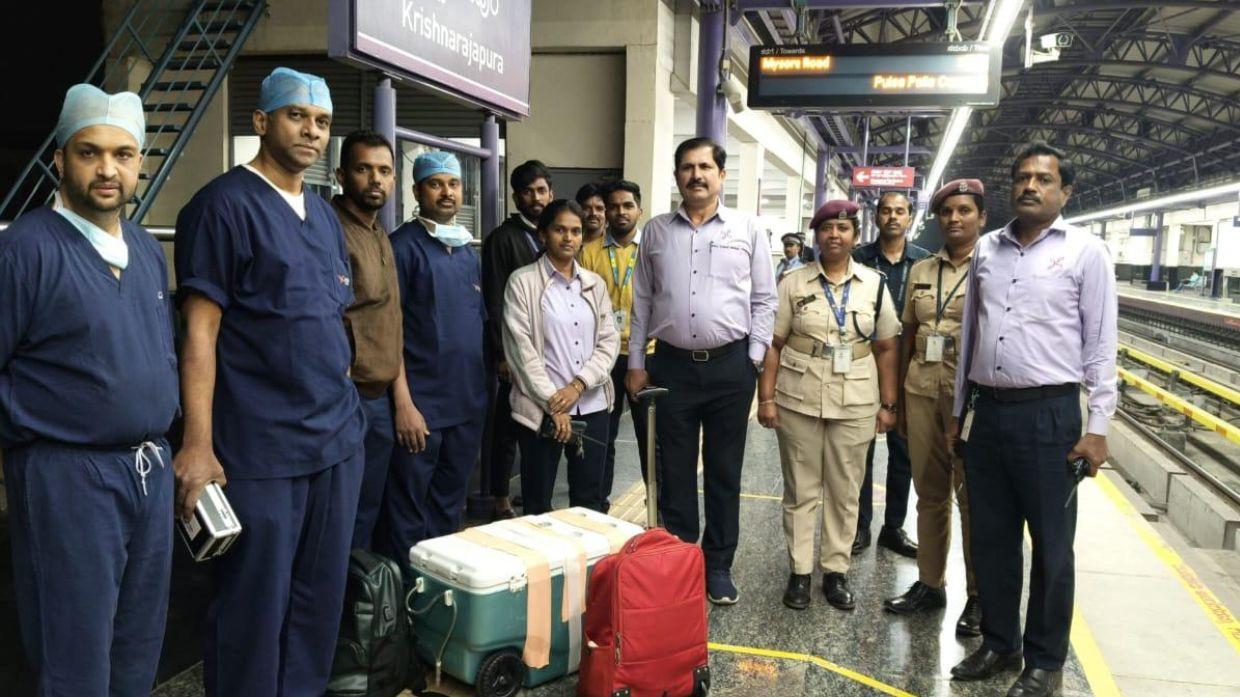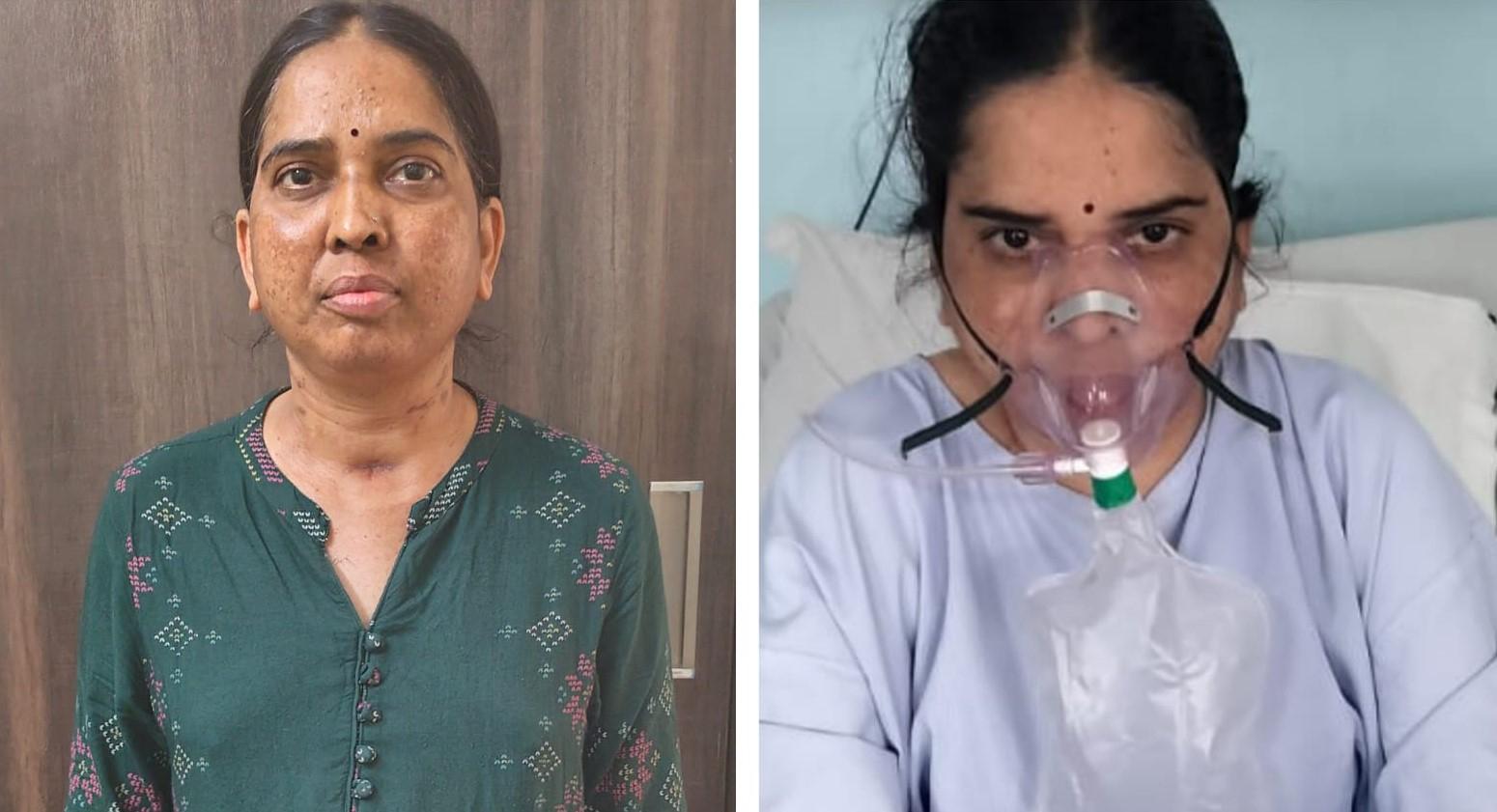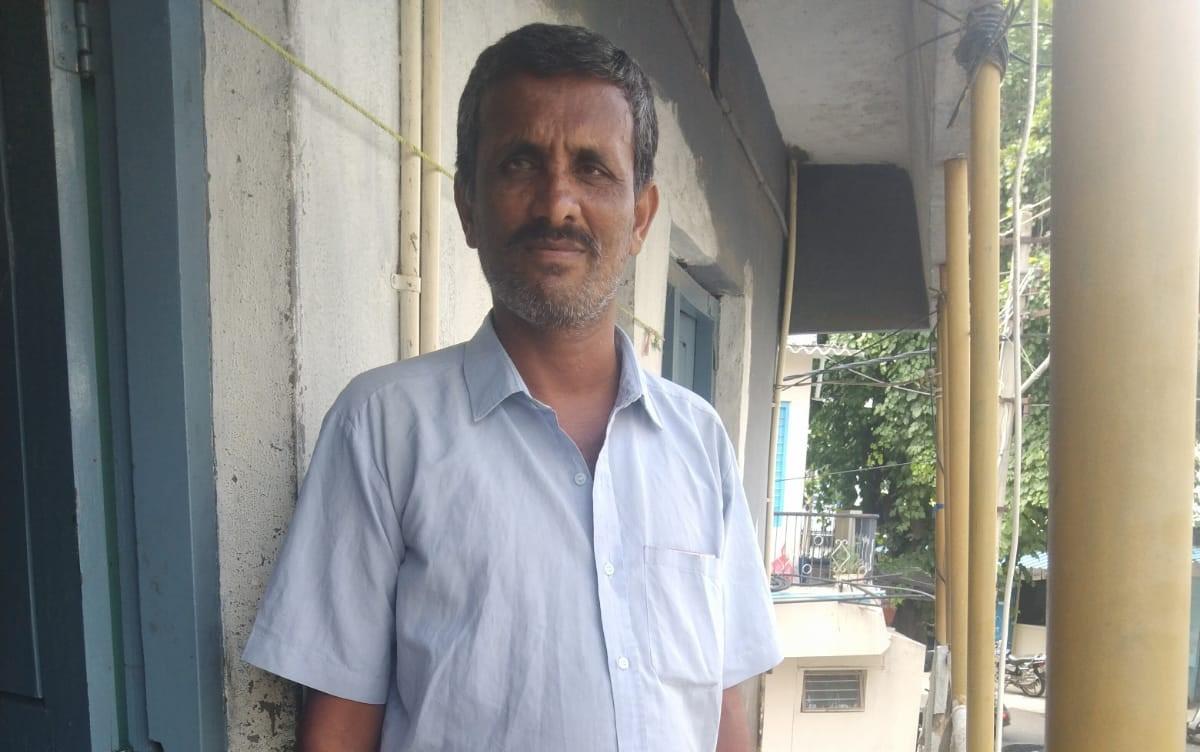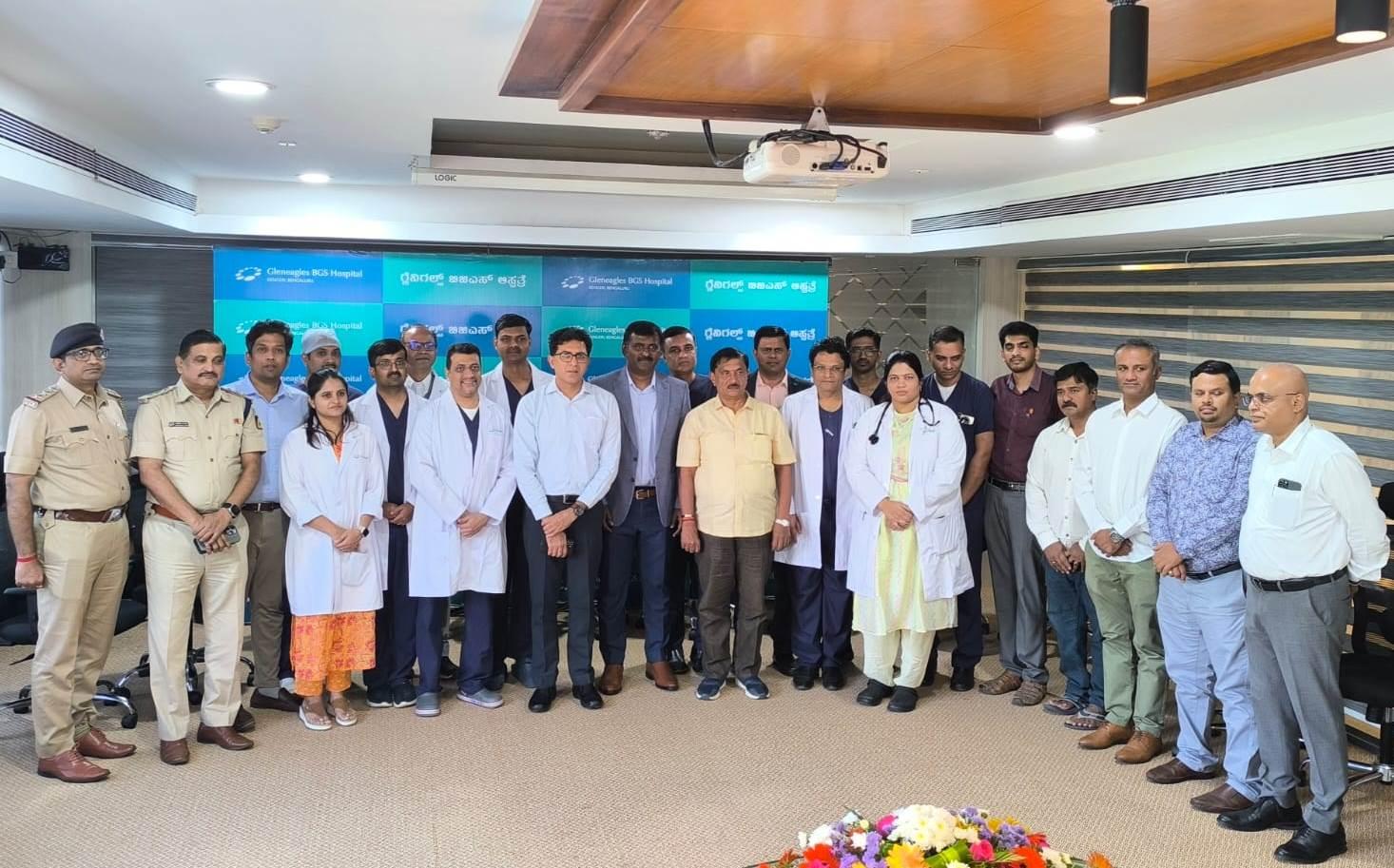Kidney Transplant
Gleneagles Hospitals has reached heights of excellence in successful kidney transplants. We have a sizable and comprehensive renal transplant unit that serves as a ray of hope for individuals with end-stage renal disease, commonly known as kidney failure. We understand the physical and emotional toll it may take on an individual and their family. This is what drives us to provide you with a supportive environment built on empathy and compassion.
Our integrated team comprises specialist transplant surgeons, nephrologists, anaesthetists, and support staff with vast experience in kidney transplants. Our cutting-edge technology and high-end infrastructure boast modern operating rooms, advanced imaging techniques, a dedicated ICU, and many more facilities to ensure success. As the leading kidney transplant hospital in Bangalore, we provide extraordinary patient care from evaluation to post-transplant follow-up. Trust us to give you a second chance at life with a healthy and fulfilling future.





















